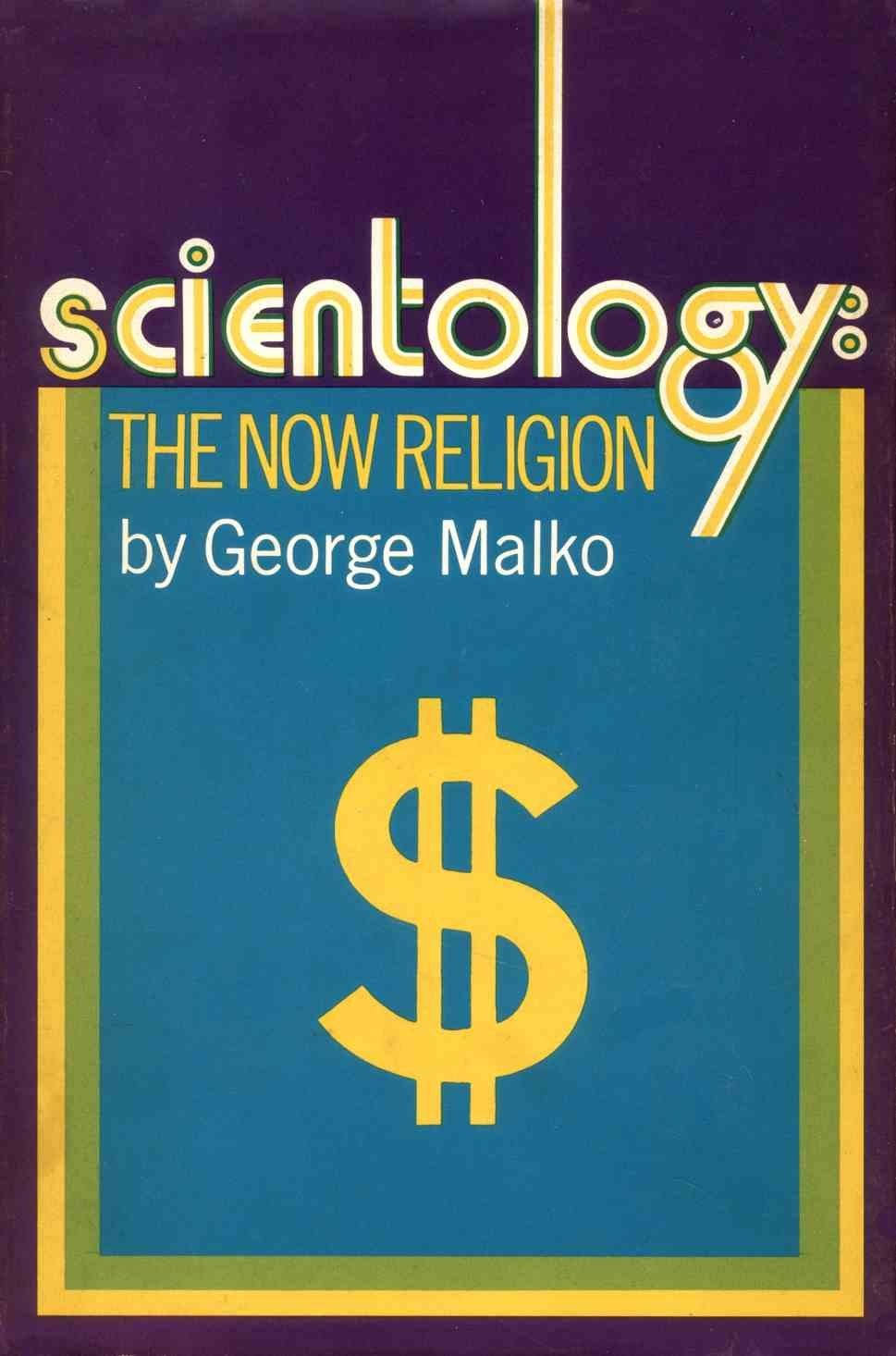
by John Boston
The September Amazing has a new and rather pleasing look. Editor White recently announced that he had wrested control of the magazine’s visual presentation from Sol Cohen and would be using American artists and dropping the former bulk purchases of covers from European magazines. The home-grown covers started a couple of issues ago, and now here is “The New Amazing Science Fiction Stories,” in a new and reasonably attractive type face, over an agreeable cover by Jeff Jones portraying a slightly fuzzy figure in a space suit floating in the void, with a planet almost totally eclipsing its sun in the background. Only problem is that the figure looks a bit like it’s sitting on the inside bend of the thin crescent of light at the edge of the planet, recalling entirely too many cartoonish advertisements of previous decades. Oh well. It still looks nice if you don’t think about it too much.
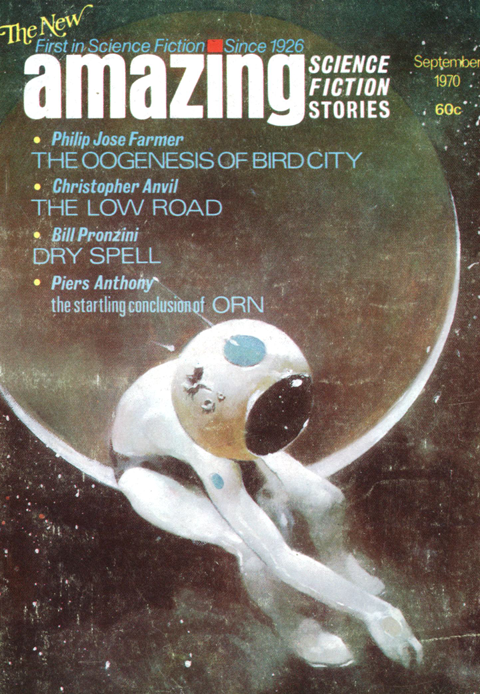
by Jeff Jones
The departments are as usual, with the book reviews fortunately restored after last issue’s absence. Most notable is Greg Benford’s review of Joanna Russ’s And Chaos Died, which begins: “Reading this, I began to feel that it just might be the best sf novel ever written”; continues: “It is sad, then, to see this marvelous spirit succumb to an escalation of philosophical level the book just can’t support”; and ends: “Novels this ambitious always fail. But it is seldom that you see an artist writing over the heads of 90% of the writers in this field (including me), and it is a welcome sight. This is a great book. Read it.” After that, Dennis O’Neil on The Collected Works of Buck Rogers in the 25th Century, Benford again on Vernor Vinge’s Grimm’s World, and O’Neil again on James Blish’s Star Trek novel Spock Must Die, all seem anticlimactic.
The letter column begins with a different sort of fireworks, with James Blish in at least medium-high dudgeon over editor White’s review of Blish’s Black Easter, which he says “contains so many errors of fact or implication that I must ask you to publish these corrections.” White responds sharply and at length, stating among other things “You have not commented on my principle [sic] charges of dishonesty. . . .” Something tells me we won’t be seeing any more of Mr. Blish in Amazing’s review column, or anywhere else in the magazine. Also notable is a letter from Hector R. Pessina of Buenos Aires describing the SF magazine landscape (rather sparse) in Argentina. In his responses to other letters, White corrects one correspondent: the publisher’s string of SF reprint magazines doesn’t cost money, it makes money to help support Amazing and Fantastic. And in response to SF scholar R. Reginald, he relates the true history of his collaborative pseudonym Norman Archer.
White’s editorial includes comments on the editing of the serial Orn, discussed below, and also on his general policy toward serials—avoid cutting, run them in two parts because of the magazine’s bimonthly schedule (and there’s no plan to take it monthly) and because the point of running them is “to publish important new novels, not to coerce you into buying our next issue.” White thinks “Most modern sf readers . . . want at least one ‘major’ item into which they can sink their teeth. . . . . at least a piece of sufficient length for the author to stretch out and probe his protagonists, and one in which they, as readers, can ‘live’ for a while,” and they want it in chunks large enough to be emotionally satisfying.
Continue reading [August 10, 1970] Orn-ery (September 1970 Amazing)

![[August 10, 1970] Orn-ery (September 1970 <i>Amazing</i>)](https://galacticjourney.org/wp-content/uploads/2025/08/amz-0970-cover-480x372.png)
![[August 8, 1970] Wargaming is square again… (3M's <i>Feudal</i>)](https://galacticjourney.org/wp-content/uploads/2025/08/700808feudalcover-638x372.jpg)

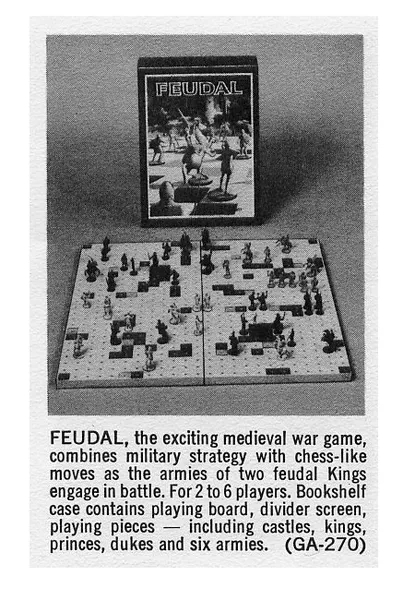
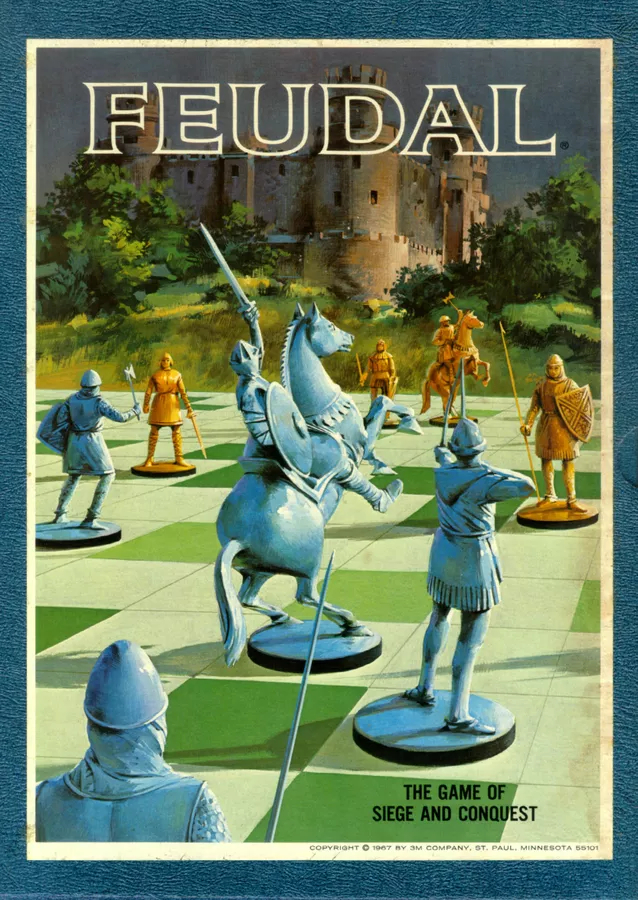
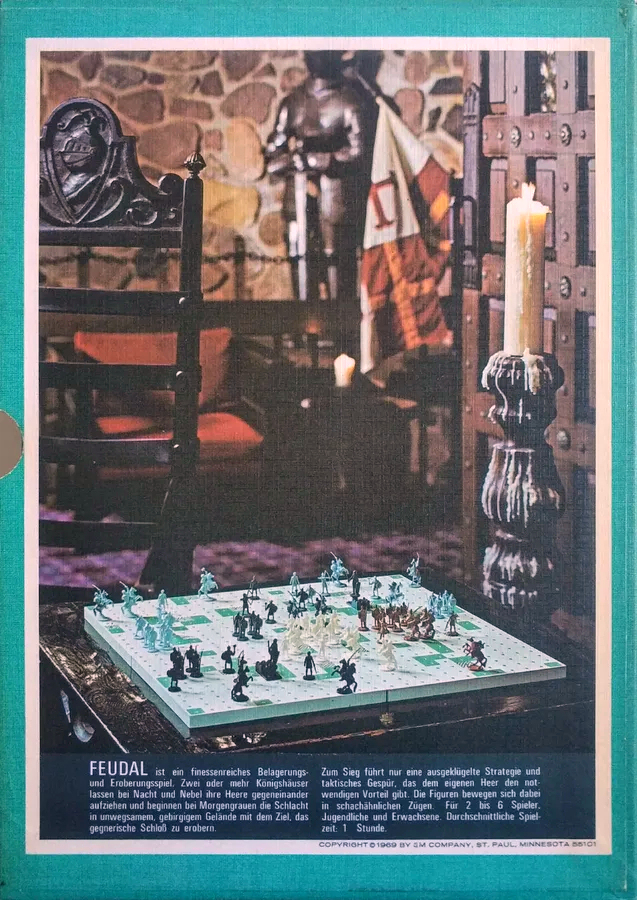
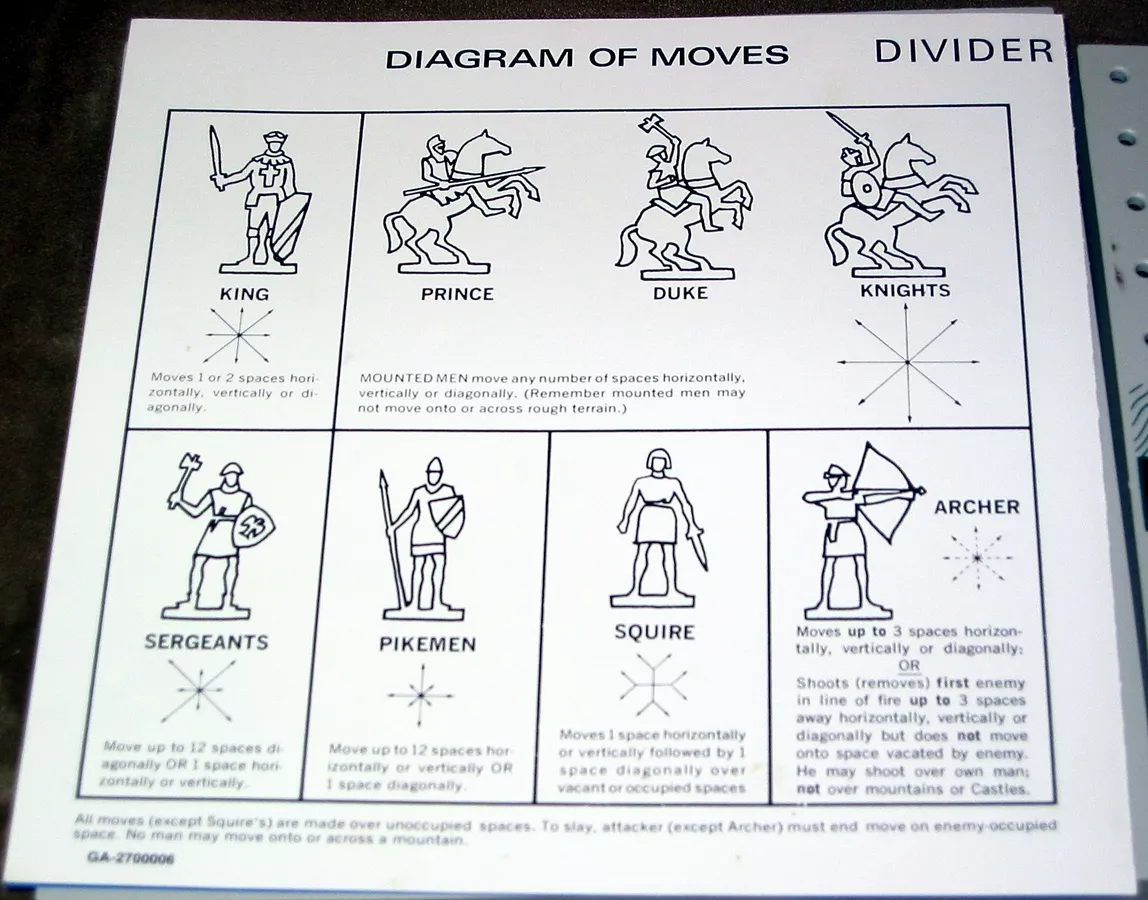

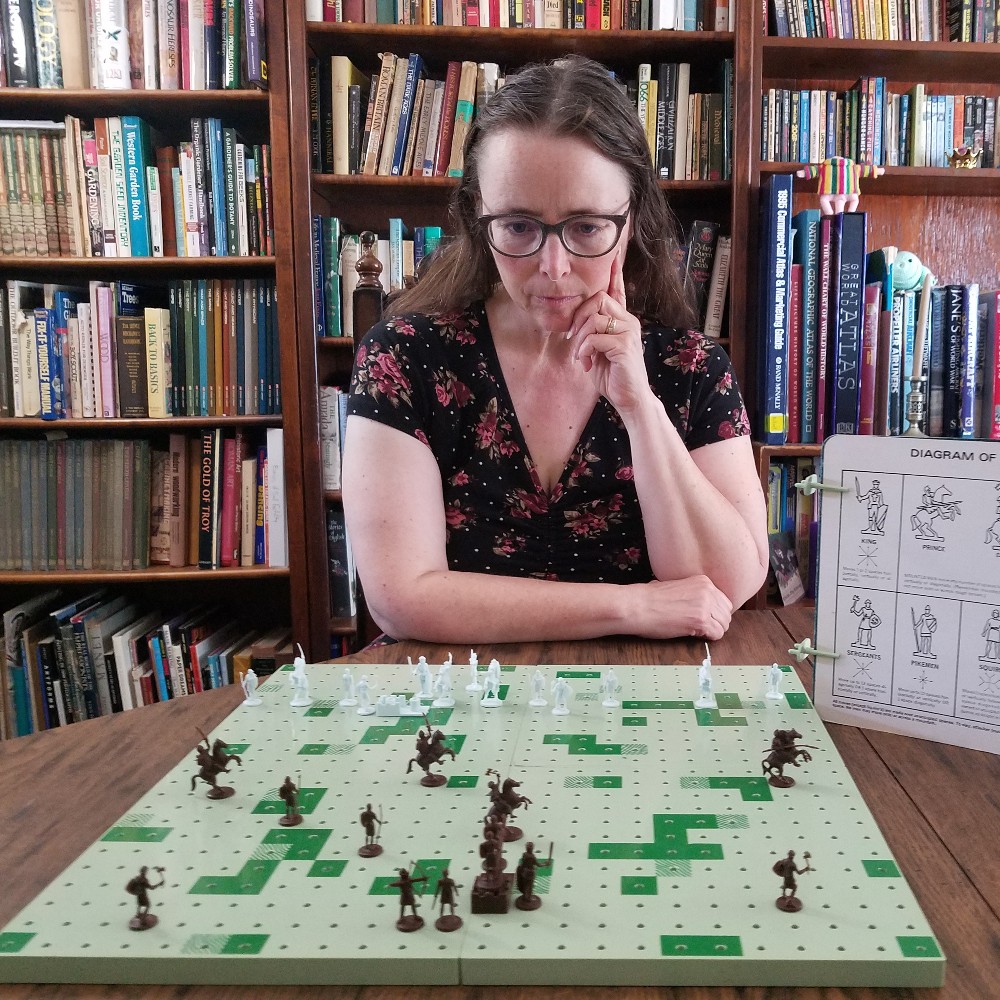
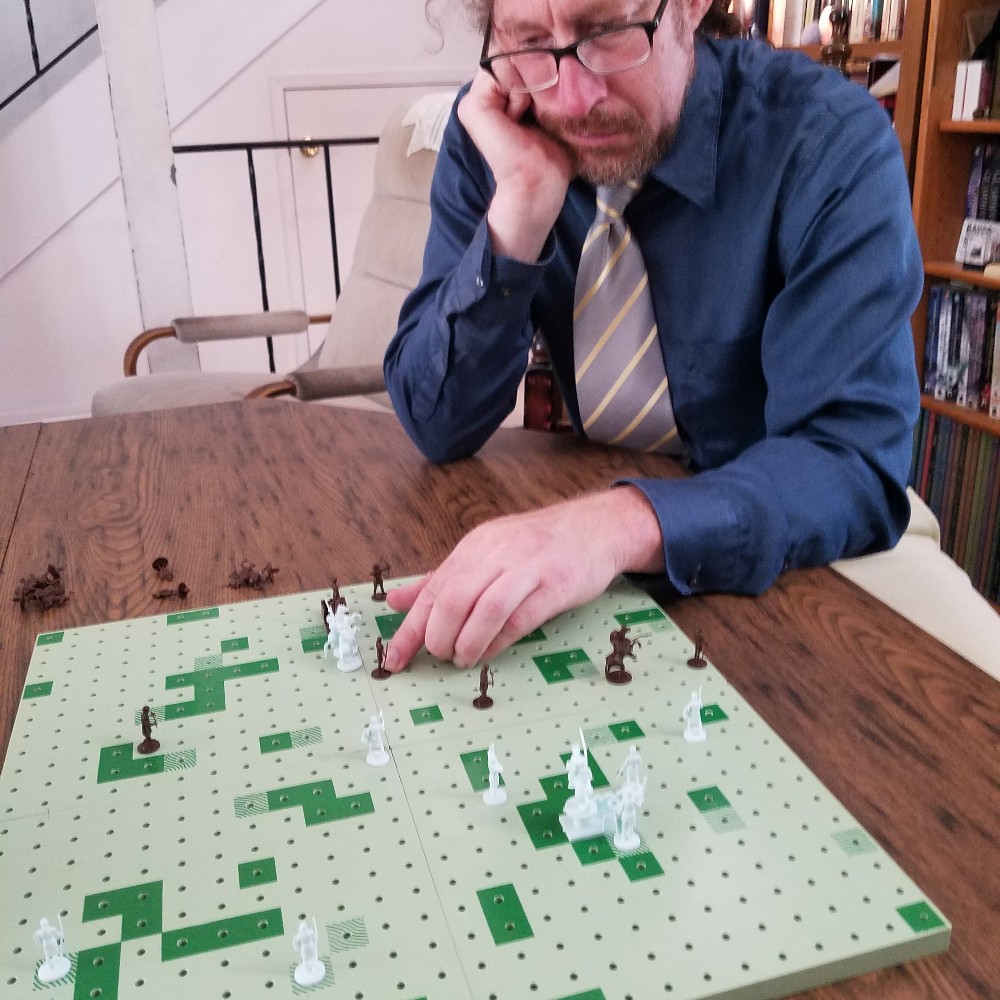
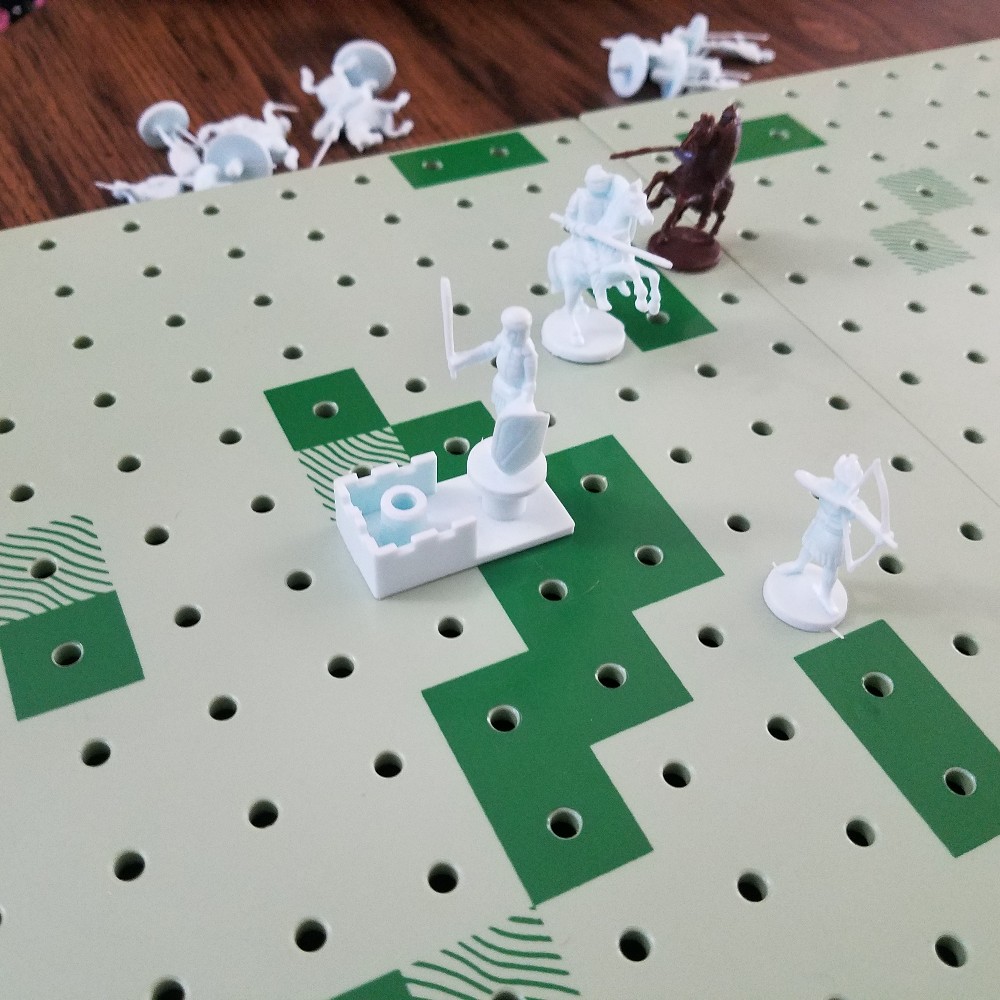



![[August 6, 1970] A Spooky Spook: <i>Larry Brent</i> by Dan Shocker](https://galacticjourney.org/wp-content/uploads/2025/08/sgk_na_019-390x372.jpg)

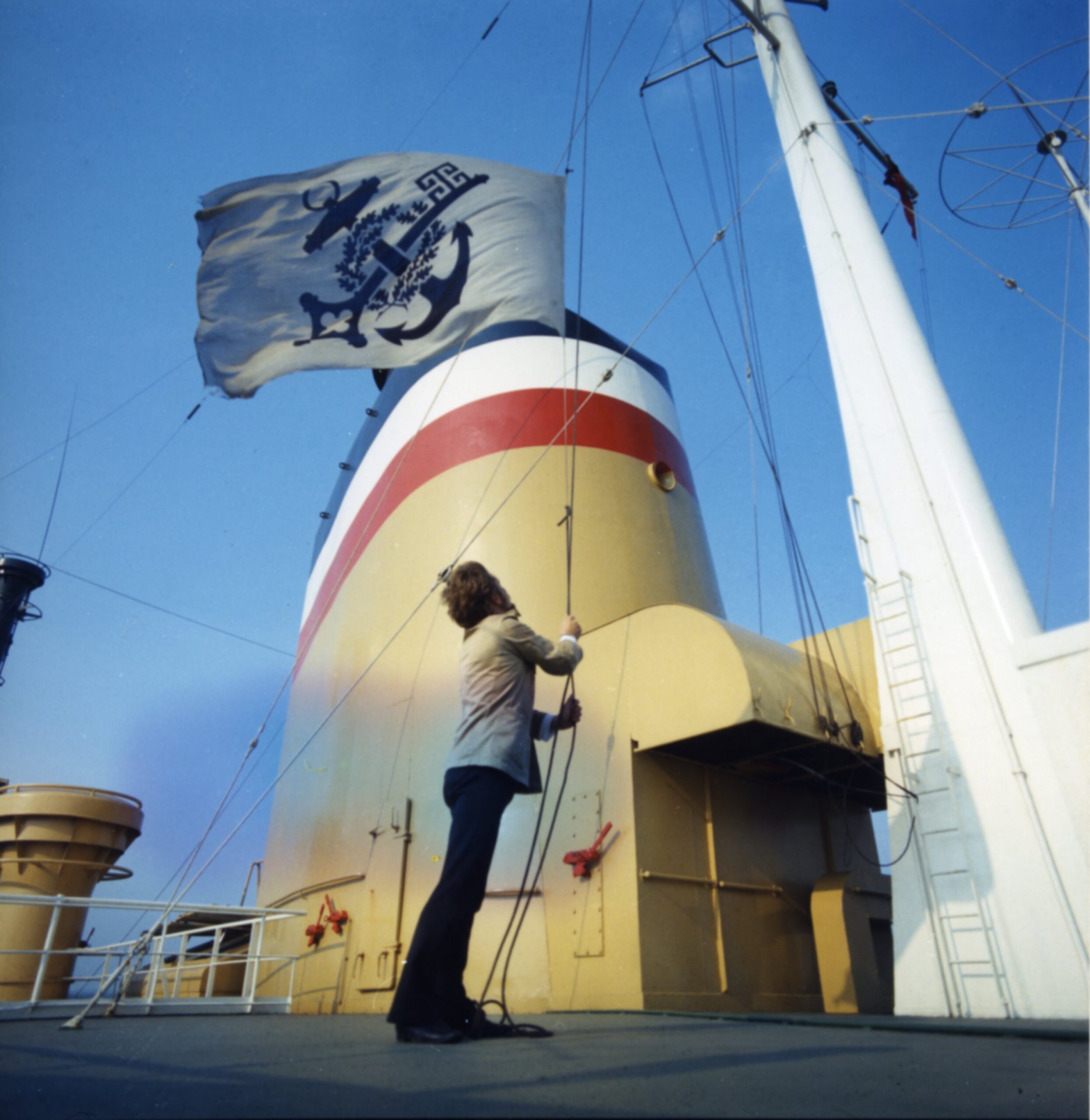
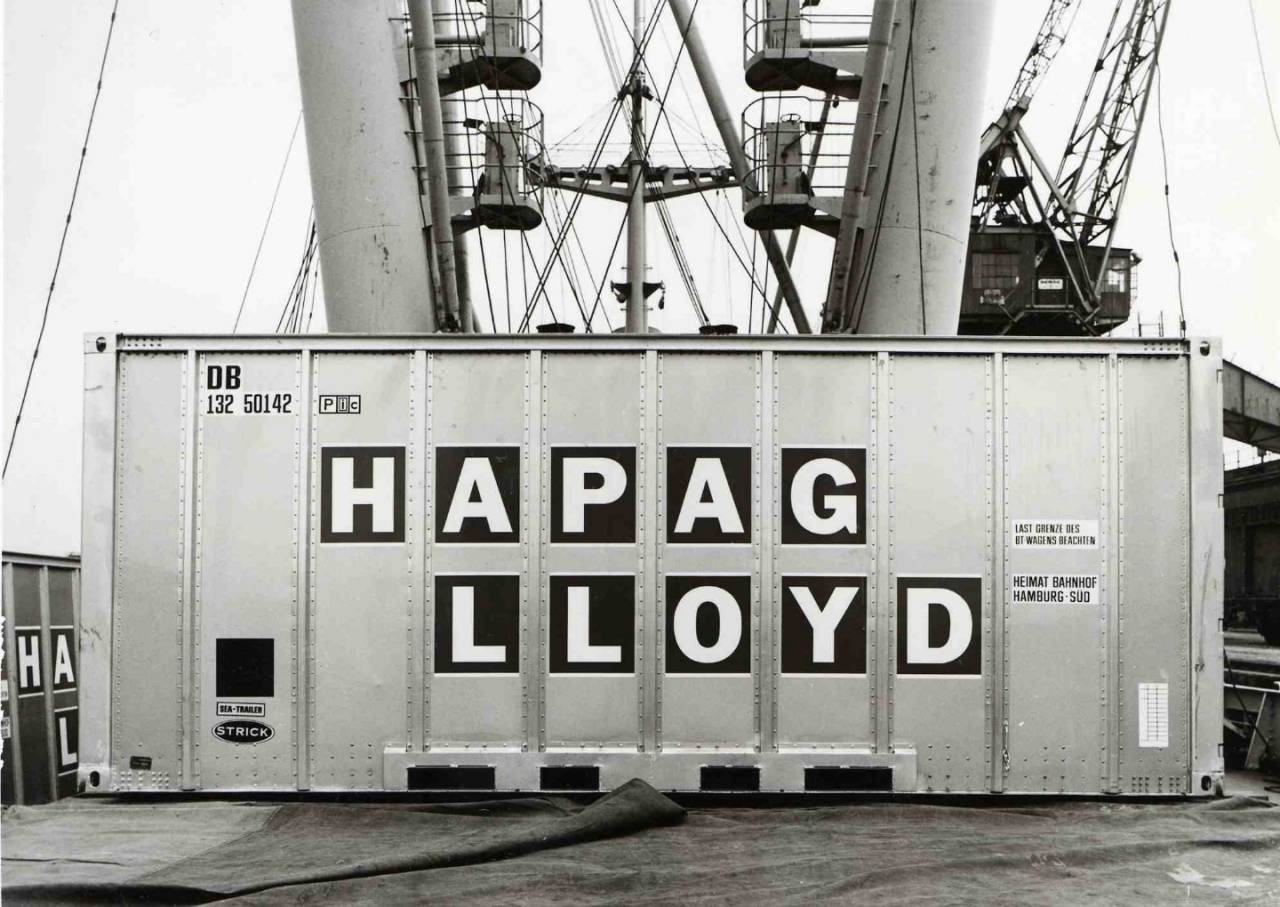
![[August 4, 1970] Through the Wasteland (Harlan Ellison's <i>the Glass Teat</i>)](https://galacticjourney.org/wp-content/uploads/2025/07/700804teatcover-672x372.jpg)
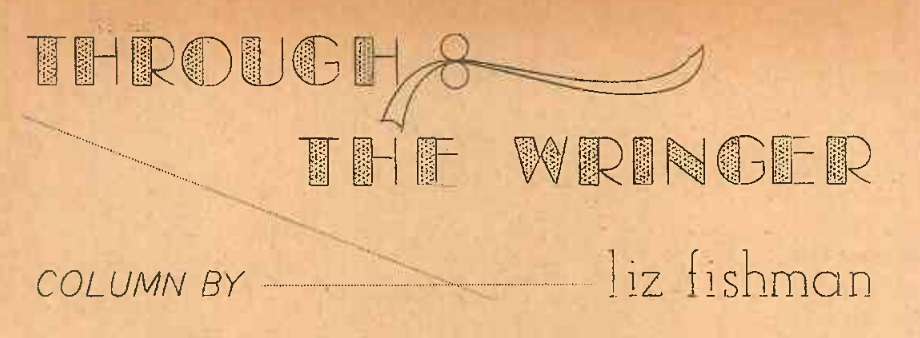
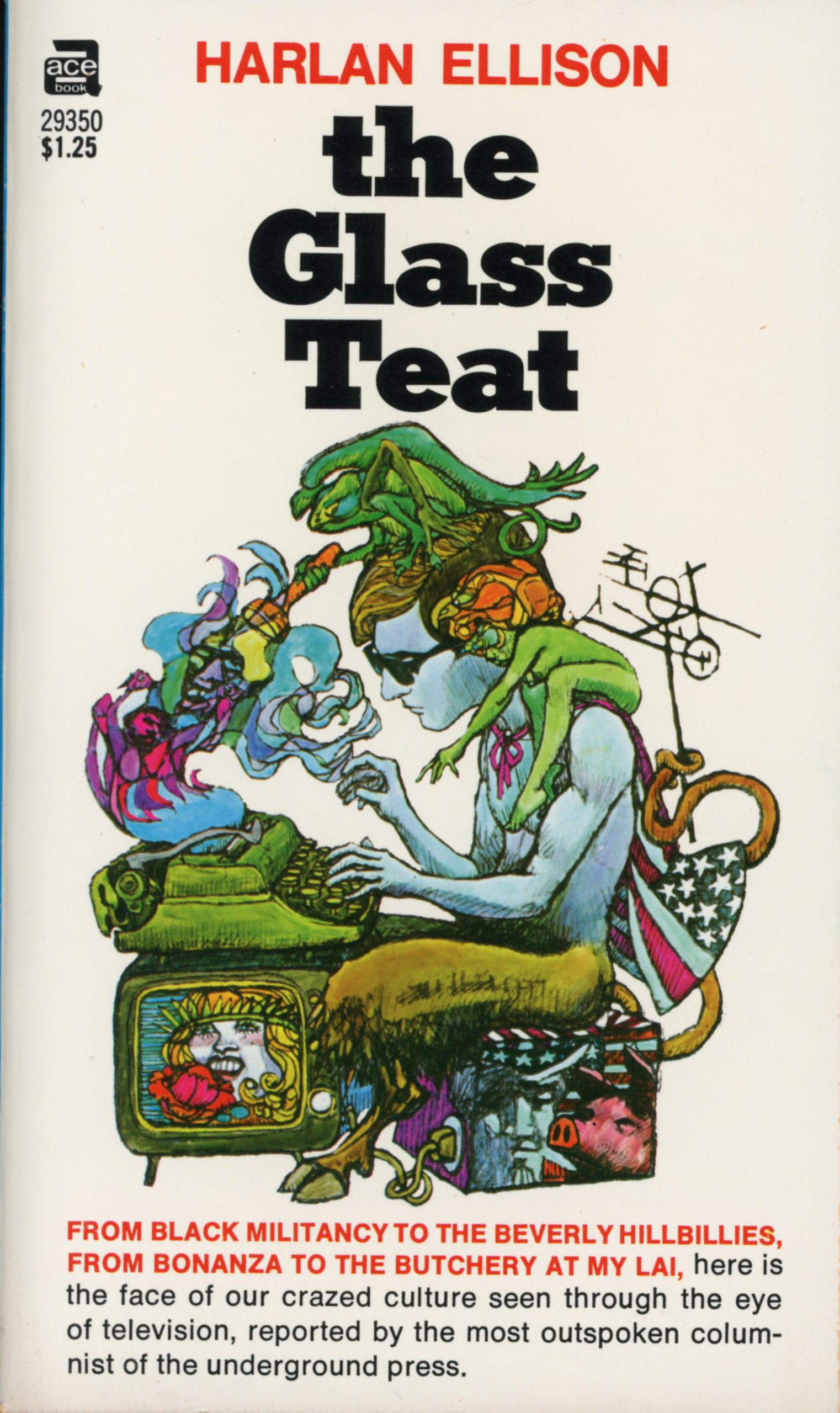
![[August 2, 1970] Fimbulsommer (September-October 1970 <i>IF</i>)](https://galacticjourney.org/wp-content/uploads/2025/07/IF-1970-09-Cover-480x372.jpg)

 The Nixons participating in Earth Day.
The Nixons participating in Earth Day.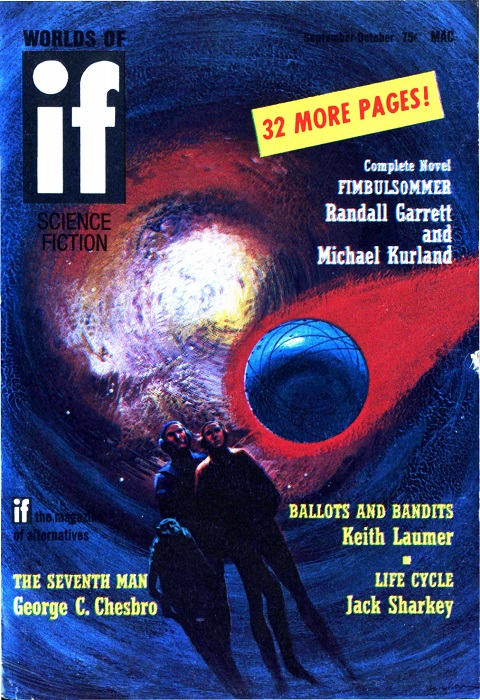 Suggested by “Fimbulsommer.” Art by Gaughan.
Suggested by “Fimbulsommer.” Art by Gaughan.![[July 31, 1970] Not so Brillo… (August 1970 <i>Analog</i>)](https://galacticjourney.org/wp-content/uploads/2025/07/700731analogcover-672x372.jpg)
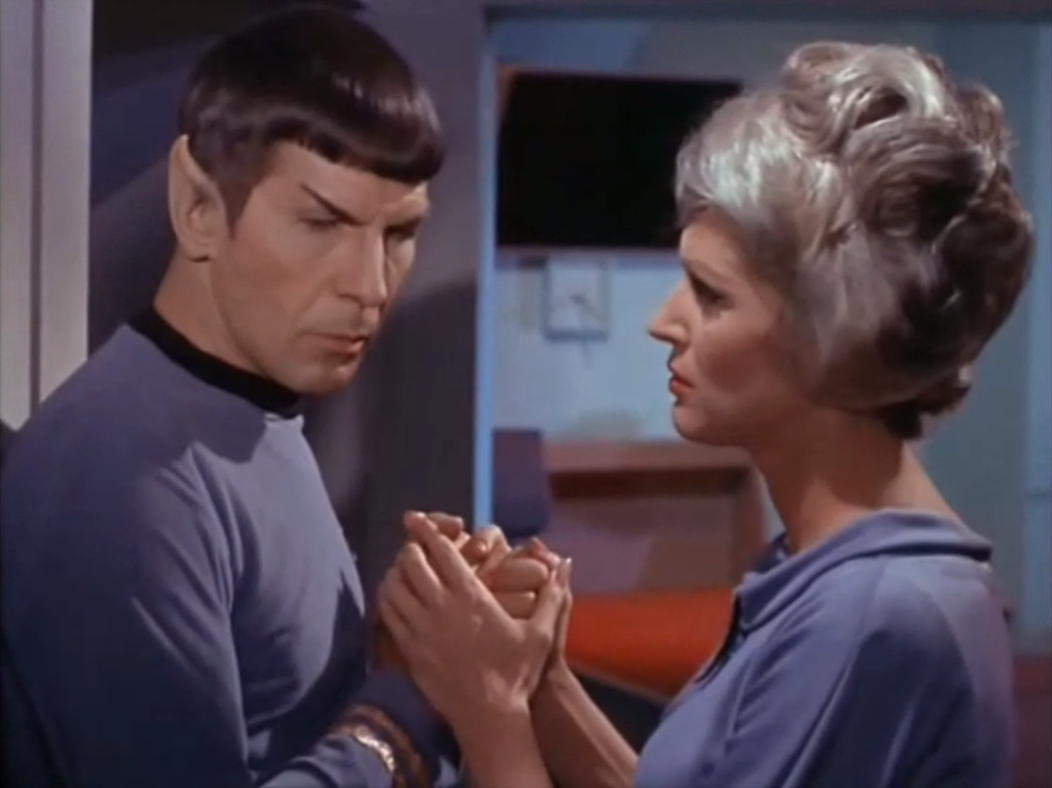

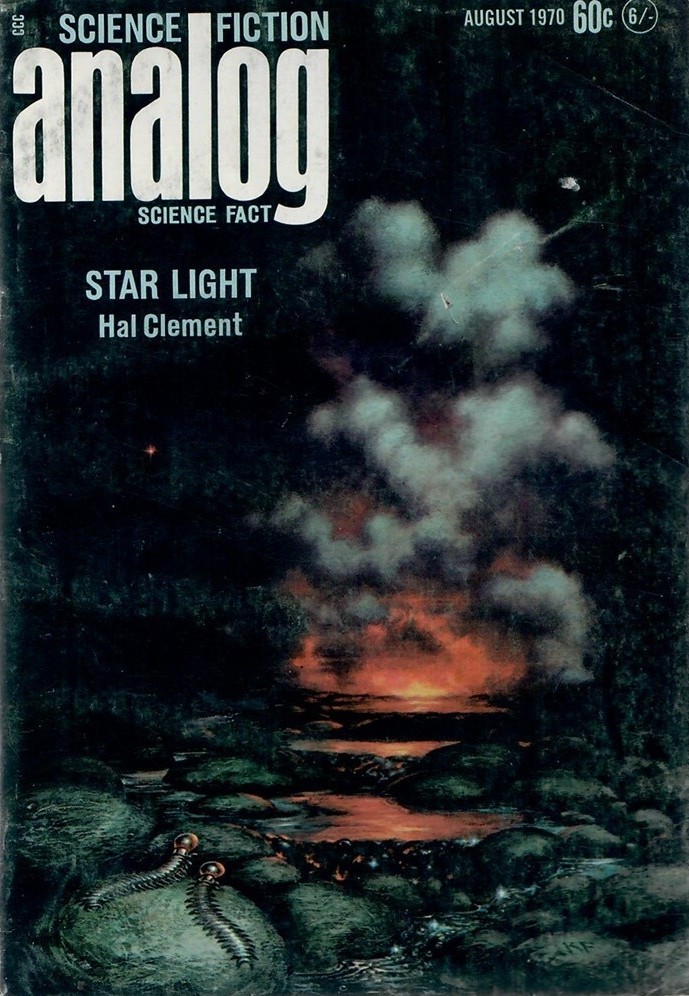
![[July 28,1970] Cinemascope: Cry Me A River (Cry of the Banshee) and Games in Goatskin (Dionysus in ‘69)](https://galacticjourney.org/wp-content/uploads/2025/07/700728posters-492x372.jpg)
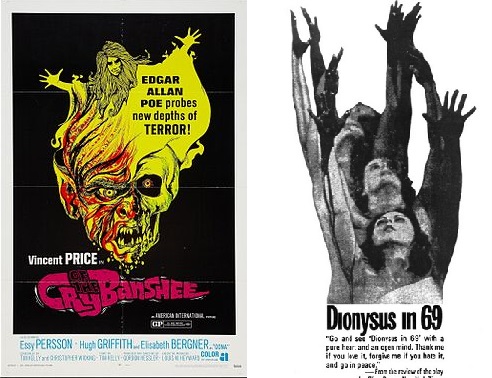
![[July 26, 1970] "The Hearts of Men" and Women (June and July "Gay Pride" Protests)](https://galacticjourney.org/wp-content/uploads/2025/07/Screenshot-2025-07-23-at-12.41.34 AM-e1753269732819-542x372.png)


![[July 24, 1970] They’ve All Come To Look For America (<i>Green Lantern co-starring Green Arrow</i>)](https://galacticjourney.org/wp-content/uploads/2025/06/GAGL8-672x372.jpg)



![[July 22, 1970] Solace for Your Trillion-Year-Old Spirit (George Malko's <i>Scientology: The Now Religion</i>)](https://galacticjourney.org/wp-content/uploads/2025/07/Scientology-672x372.png)

